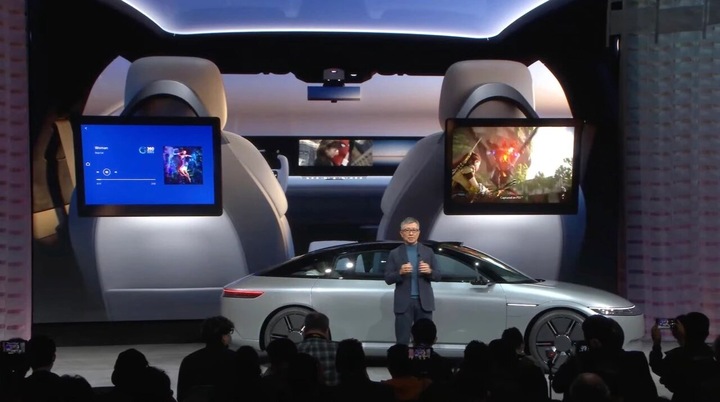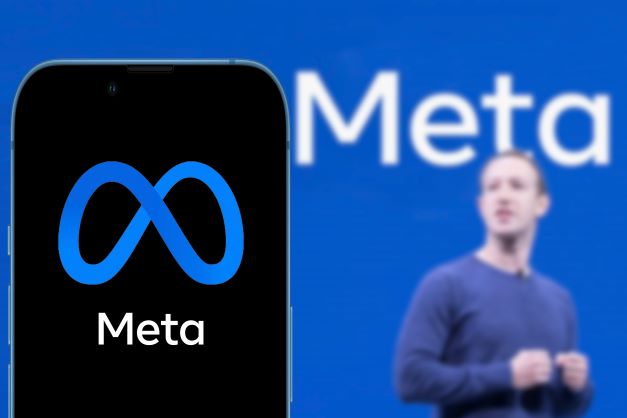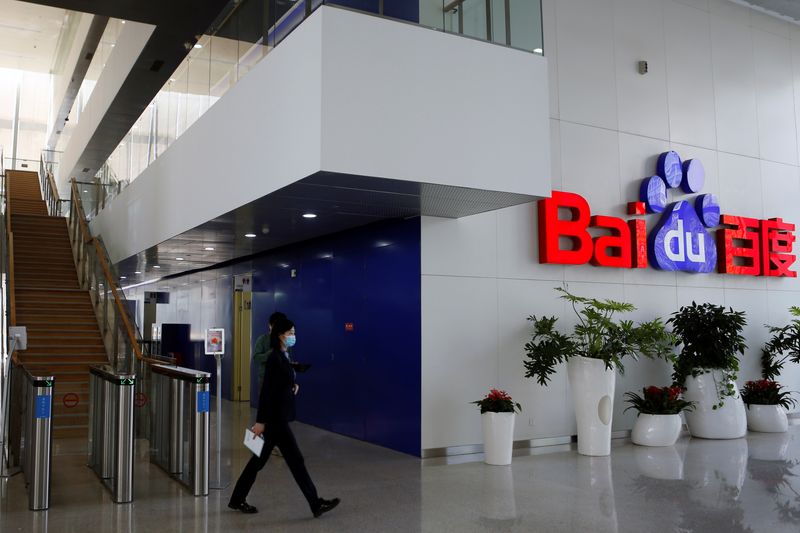CES 2023: Sony and Honda reveal Afeela, their joint EV brand
According to Sony Honda Mobility Inc., its electric vehicle will debut under the brand Afeela. This marks the newest entry in a market already packed with established players like Tesla Inc.

Yasuhide Mizuno, chief executive officer of Sony Honda Mobility, revealed the first prototype of the project during Sony’s CES press conference in Las Vegas on Wednesday. The Afeela prototype was unveiled by Sony and Honda over a year after the two companies announced their intentions to jointly produce and market electric automobiles.
The four-door sedan was demonstrated on stage as Sony CEO Kenichiro Yoshida discussed the company’s mobility strategy, which places an emphasis on creating automobiles with autonomous features and the ability to turn into “moving entertainment spaces.”
According to the CEO of Sony, the Afeelas’ first preorders will take place during the initial half of 2025, and sales will start the following year. Buyers in North America will receive the first shipments in the spring of 2026.
The new EV will initially be produced at Honda’s North American factory and will have Level 3 automated driving features under certain restrictions, according to prior statements from Sony and Honda. In a vehicle with level 3 autonomy, the driver can still operate the vehicle in congested areas, but only when the system explicitly requests it.
The incorporation of external media on the front of the car, which enables it to communicate with other drivers and transmit critical information, was one of the new design aspects that Sony presented at the event.
The prototype is also outfitted with 45 cameras and sensors both inside and outside the car to assure security. To avoid accidents, the in-cabin sensors will keep track of the driver’s condition.
As per Yoshida, CEO of Sony, Afeela will also offer top-notch entertainment to its patrons. The Sony-Honda JV will use the 3D computer graphics game engine Unreal Engine from Epic Games in its automobiles to help envision not only entertainment in cars but also connectivity and safety.
CEO Yoshida noted, “In addition to movies, games, and music, we envision a new in-cabin experience using our expertise in UX and UI technologies.”
The Snapdragon digital chassis from Qualcomm, along with its system-on-a-chip technology, will be the foundation for Afeela cars. Through the continual inclusion of games and other improvements over the period of owning one of its vehicles, Tesla Inc. has established the benchmark for connected vehicle experiences.
Together with electronics companies’ expertise in entertainment, networking, and sensors, Sony, Honda, and numerous European manufacturers, including Volkswagen AG, are now striving to accelerate the development of intelligent electric vehicles.
According to Epic Games Chief Technology Officer Kim Libreri, the company would collaborate with Sony Honda to “deliver connected automotive experiences that lead the way not only in visual communication and safety but also entertainment.”

I am a law graduate from NLU Lucknow. I have a flair for creative writing and hence in my free time work as a freelance content writer.





